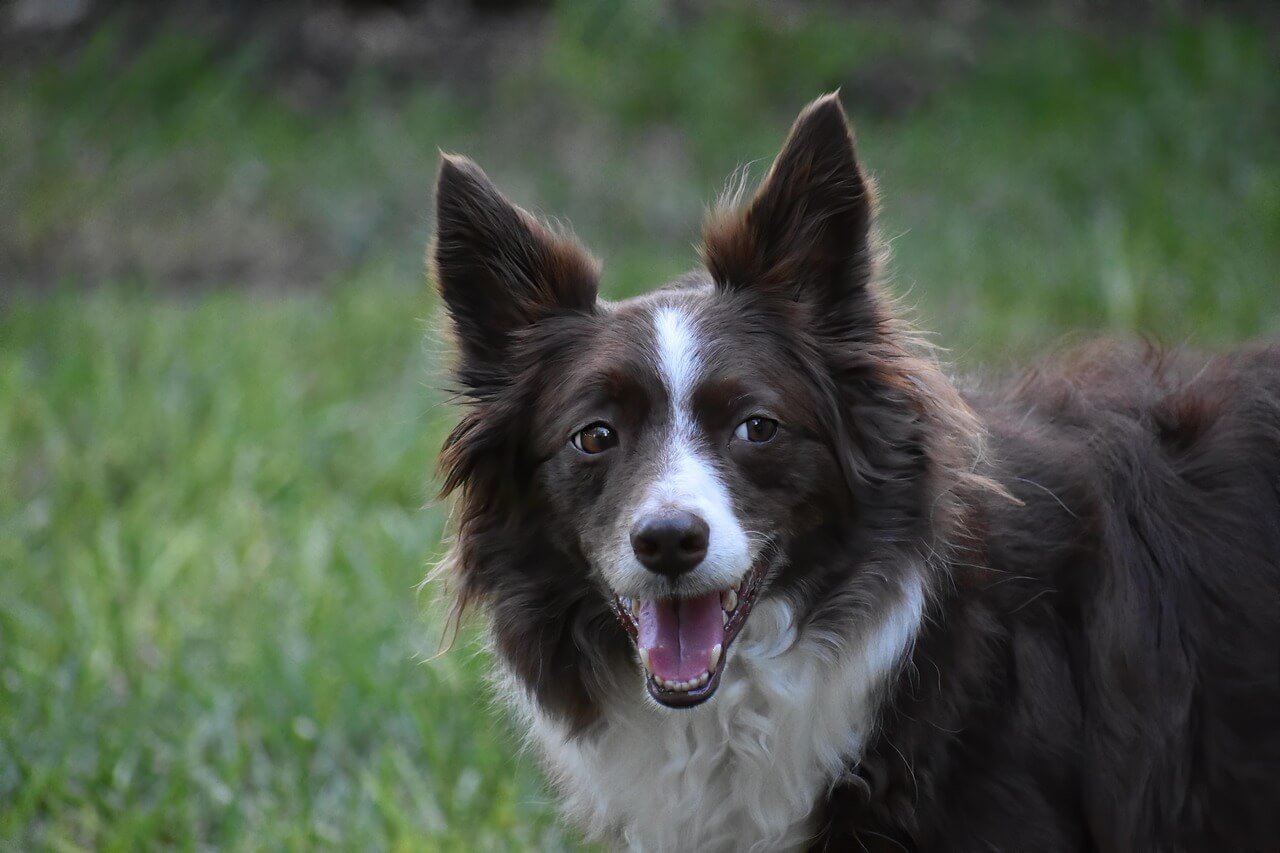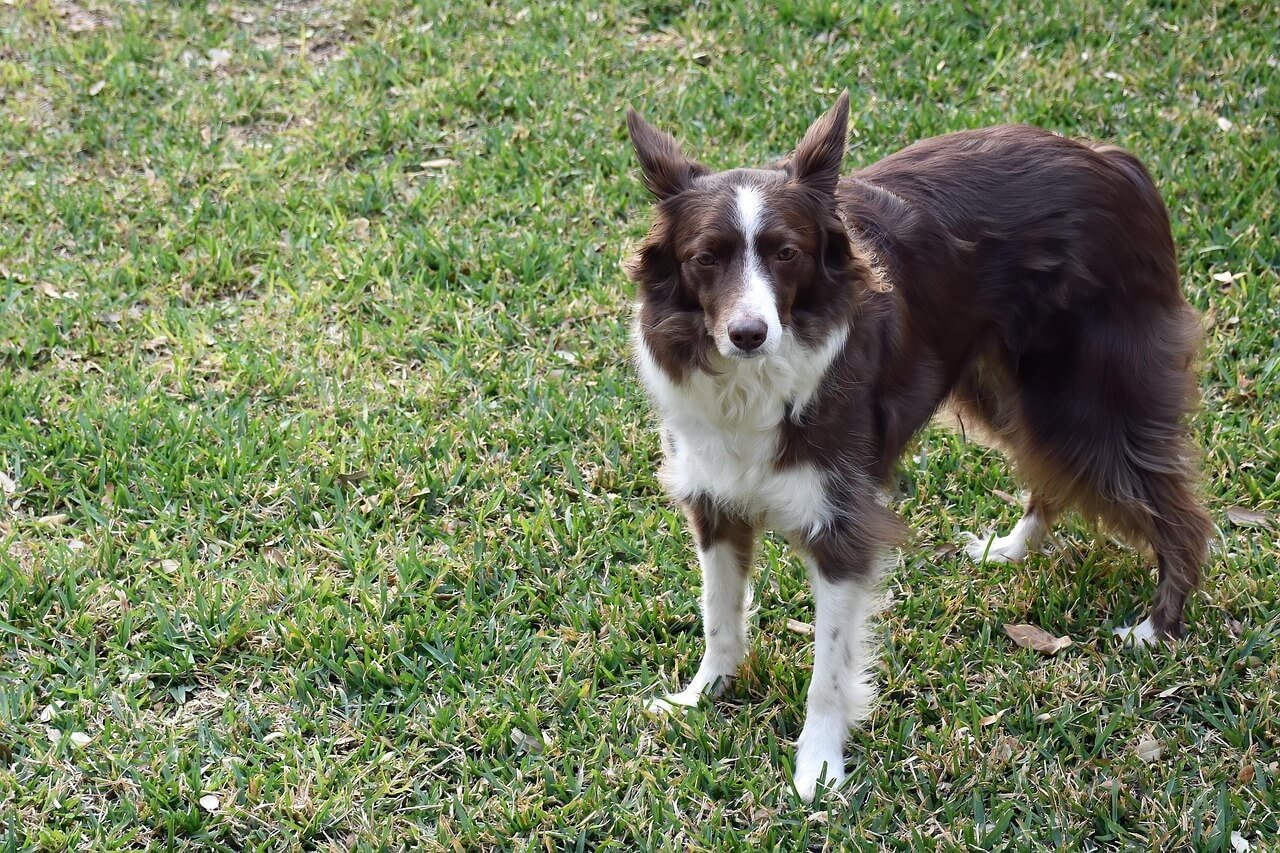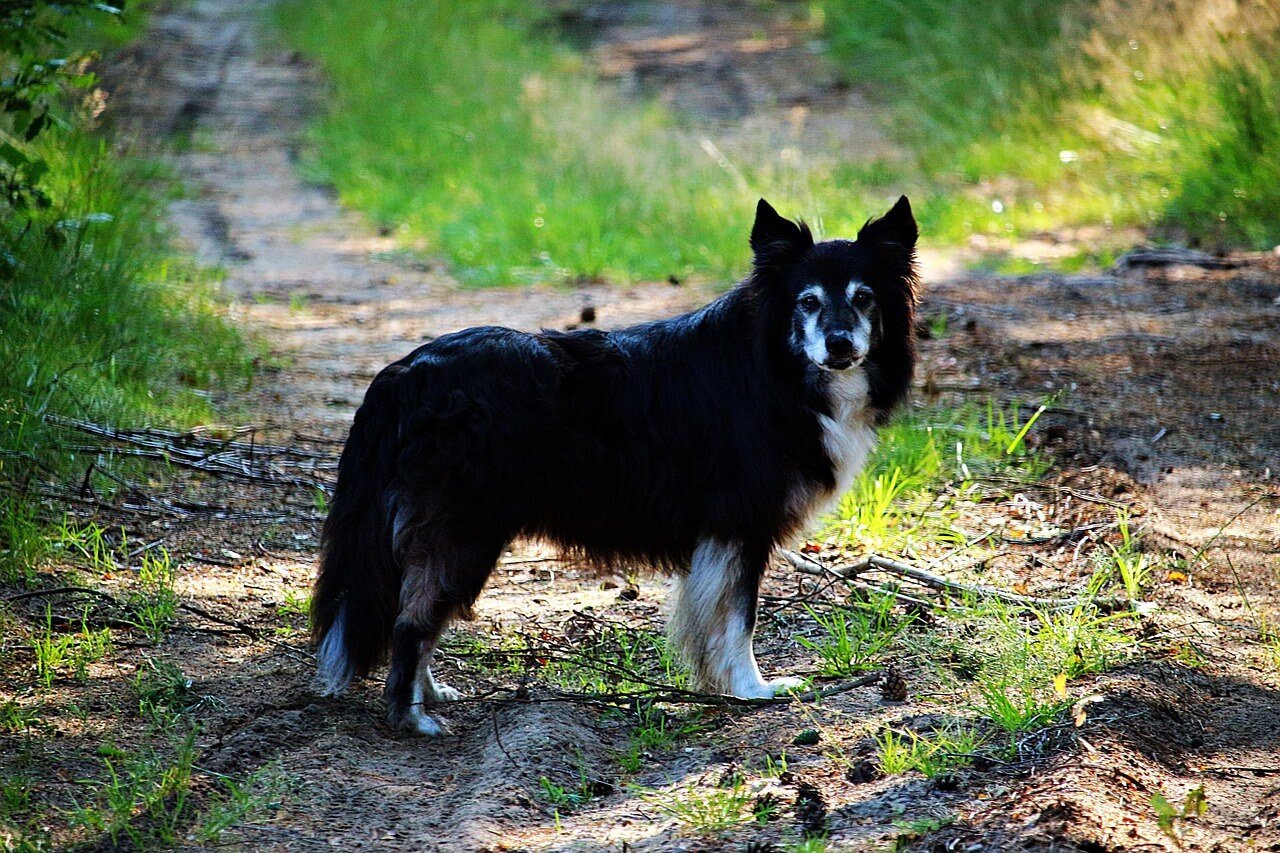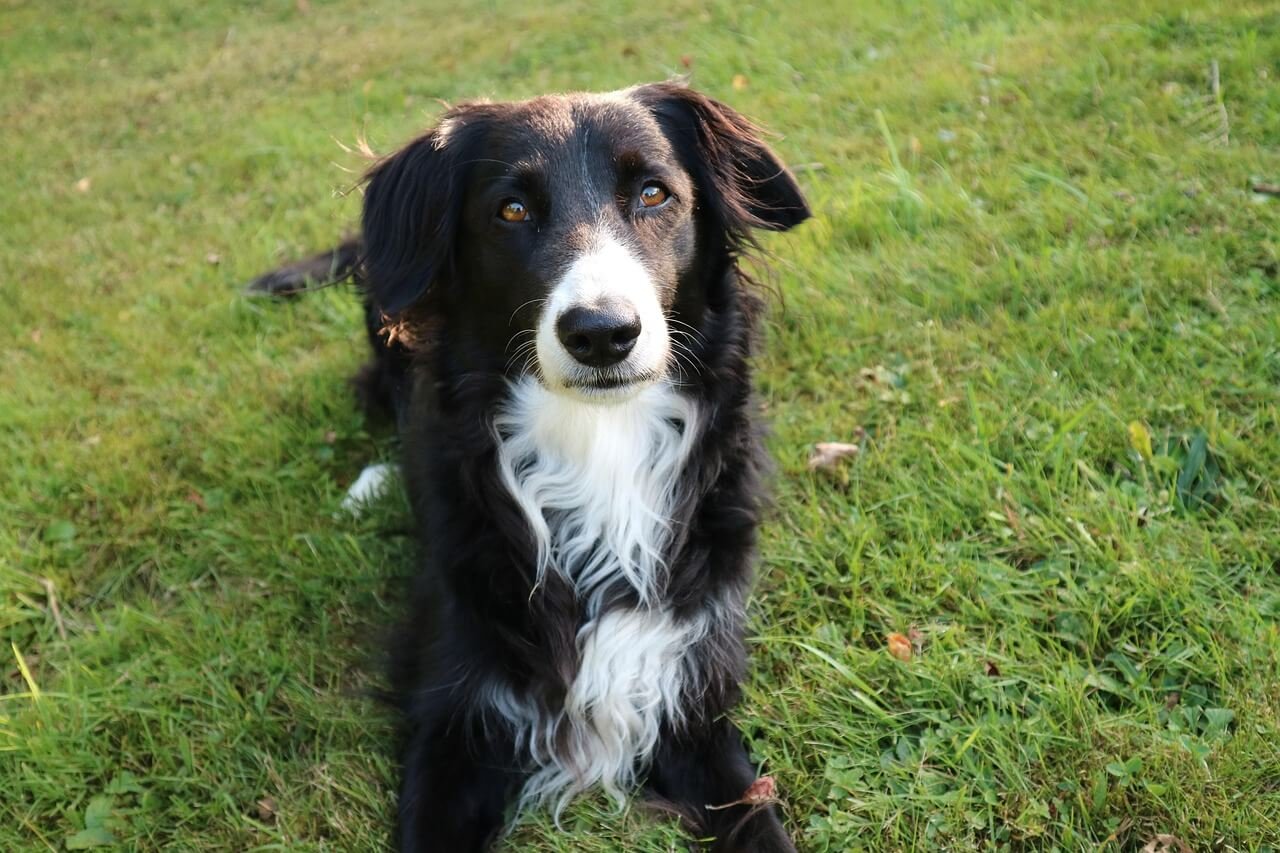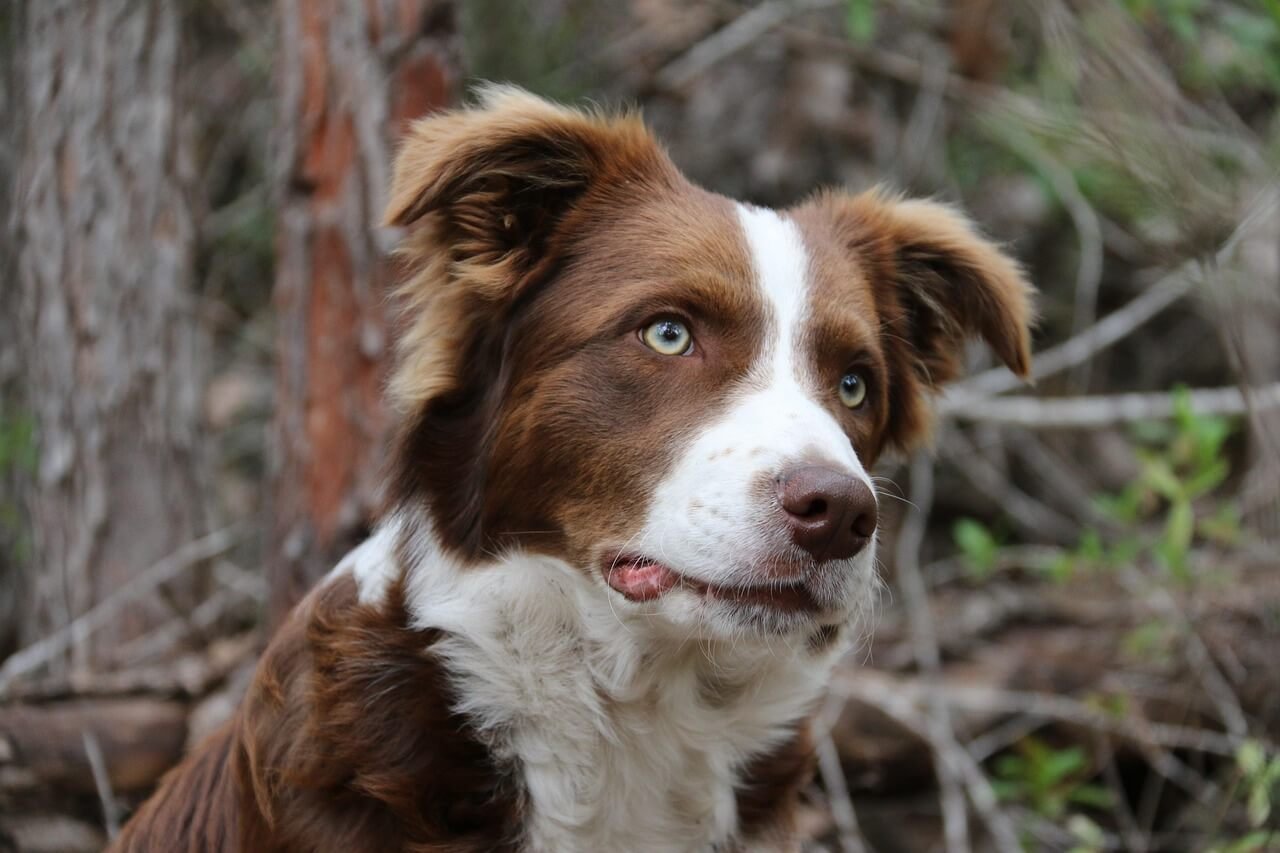Can a Wolf Breed with a Dog? Exploring the Fascinating Connection
The idea of wolves and dogs sharing a genetic bond has intrigued humans for centuries. After all, dogs are descendants of wolves, but does that mean they can still interbreed? The answer lies in understanding their shared ancestry, biological compatibility, and the ethical implications of such unions. In this blog post, we’ll delve into whether a wolf can breed with a dog, explore the science behind it, and discuss what happens when these two species come together. Let’s uncover the truth about this intriguing topic!
Understanding the Genetic Relationship Between Wolves and Dogs
To comprehend whether wolves and dogs can interbreed, it’s essential to understand their genetic relationship. Both wolves and domestic dogs belong to the same species, Canis lupus , which makes them biologically compatible. Here’s a breakdown of their connection:
Wolves (Canis lupus ) and dogs (Canis lupus familiaris ) share over 99% of their DNA, making them closely related.
Domestic dogs were domesticated from wolves thousands of years ago, leading to distinct physical and behavioral differences.
Despite their differences, wolves and dogs remain capable of producing offspring due to their shared genetic makeup.
Hybrid offspring, known as wolfdogs, inherit traits from both parents, resulting in unique characteristics.
The ability to interbreed highlights the evolutionary link between wolves and domesticated dogs.
This genetic overlap explains why wolves and dogs can produce hybrids, though the process comes with challenges and ethical considerations.
What Happens When Wolves and Dogs Mate? Key Outcomes
When wolves and dogs mate, their offspring—commonly called wolfdogs—inherit traits from both parents. However, the results can vary significantly depending on several factors. Here’s what you need to know:
Wolfdog hybrids often exhibit a mix of physical traits, such as the wolf’s larger size and the dog’s varied coat colors.
Behavioral traits can range from the wolf’s wild instincts to the dog’s domesticated tendencies, creating unpredictable temperaments.
The percentage of wolf genetics in the hybrid influences its appearance and behavior; higher wolf content leads to more wild traits.
Wolfdogs may struggle with socialization and training due to their wild instincts, requiring experienced handlers.
Health issues can arise in hybrids due to genetic mismatches or inherited conditions from either parent.
While wolfdogs can be fascinating, they require specialized care and environments, making them unsuitable for most households.
Check this guide 👉Dog Breeds That Look Like Wolves: Best 7 Expert Tips!
Check this guide 👉The Fascinating World of Dogs and Wolves: Best 7 Expert Tips
Check this guide 👉Understanding Pack Mentality in Dogs: Best 7 Expert Tips!

Characteristics of Wolves | Characteristics of Dogs |
|---|---|
Primarily wild and territorial | Domesticated and adaptable to human life |
Hunt in packs for survival | Often rely on humans for food and care |
Strong prey drive and survival instincts | Varied temperaments based on breed |
Limited vocalization beyond howling | Communicate through barking, whining, etc. |
Require vast territories to roam | Can thrive in smaller spaces like homes |
Challenges of Breeding Wolves with Dogs
Breeding wolves with dogs is not without its challenges. While it’s biologically possible, there are significant hurdles to consider before attempting such unions. Here’s what makes this process complex:
Wolves and dogs have different mating seasons, complicating natural breeding attempts.
Ethical concerns arise due to the welfare of both the parents and the hybrid offspring.
Wolfdogs often face legal restrictions in many regions, limiting their ownership and breeding.
Raising a wolfdog requires extensive knowledge, resources, and commitment to meet their unique needs.
Hybrids may struggle to adapt to domestic environments, leading to behavioral and health issues.
These challenges highlight why breeding wolves with dogs should only be considered under expert supervision and with careful planning.
Ethical and Practical Considerations of Wolfdog Ownership
Owning a wolfdog comes with significant responsibilities and ethical dilemmas. Before considering such a hybrid as a pet, it’s crucial to weigh the pros and cons. Here’s what you need to keep in mind:
Wolfdogs require large, secure enclosures to mimic their natural habitat and prevent escapes.
They have strong prey drives, which can pose risks to small animals, children, or strangers.
Training and socialization are challenging due to their wild instincts and independent nature.
Many wolfdogs end up in rescues or sanctuaries because owners underestimate their needs.
Legal restrictions vary by region, and some areas ban wolfdog ownership entirely.
Given these considerations, owning a wolfdog is not a decision to be taken lightly and is best left to experienced professionals.
Behavioral Differences Between Wolves and Dogs
While wolves and dogs share genetic similarities, their behaviors differ significantly due to domestication and evolutionary paths. Understanding these differences can help clarify why breeding them raises ethical concerns.
Wolves are highly independent and rely on instincts for survival, while dogs have adapted to depend on humans.
Dogs are eager to please their owners, whereas wolves prioritize their own needs over human commands.
Socialization in wolves is limited to their pack, while dogs can form bonds with a wide range of species, including humans.
Wolves exhibit strong territorial behaviors, making them less adaptable to domestic environments.
Dogs have been selectively bred for specific traits, leading to diverse temperaments, while wolves retain their wild, uniform behavior.
These behavioral contrasts highlight the challenges of integrating wolf traits into a domestic setting, emphasizing the importance of leaving wolves in their natural habitats.
Health Challenges Faced by Wolfdogs
Wolfdogs often face unique health challenges due to their mixed genetics. Owners must be prepared to address these issues to ensure the hybrid’s well-being.
Wolfdogs may inherit genetic disorders from either parent, such as hip dysplasia or autoimmune conditions.
Their strong prey drive can lead to injuries if they attempt to escape or chase animals.
High-content wolfdogs may struggle with digestive issues when fed a typical dog diet.
Vaccinations and veterinary care can be complicated due to their wild ancestry.
Stress-related illnesses may arise if their environmental and social needs aren’t met.
These health challenges underscore the importance of specialized care and expertise when raising a wolfdog, making them unsuitable for inexperienced owners.
Conservation Concerns Related to Wolf-Dog Hybrids
Breeding wolves with dogs not only affects individual animals but also raises broader conservation concerns. Protecting pure wolf populations is crucial for maintaining ecological balance.
Interbreeding with dogs can dilute the genetic purity of wild wolf populations, threatening their survival.
Hybridization may reduce the adaptability of wolves to their natural habitats.
Captive wolfdogs often end up in sanctuaries, diverting resources from wild wolf conservation efforts.
Public fascination with wolfdogs can overshadow the need to protect endangered wolf species.
Misidentification of wolfdogs as pure wolves can complicate conservation programs and policies.
By focusing on preserving wild wolves and their ecosystems, we can ensure that these majestic creatures continue to thrive without the complications introduced by hybridization.
Frequently Asked Questions About Wolves Breeding with Dogs
Can any dog breed with a wolf?
Yes, all dogs can technically breed with wolves due to their shared genetic lineage, but the success rate depends on various factors.
What is a wolfdog?
A wolfdog is a hybrid offspring resulting from the mating of a wolf and a dog, inheriting traits from both parents.
Are wolfdogs dangerous?
Wolfdogs can be unpredictable due to their wild instincts, making them potentially dangerous if not properly managed.
How much wolf DNA do wolfdogs have?
The percentage of wolf DNA varies depending on the lineage, ranging from low-content (more dog-like) to high-content (more wolf-like).
Is it legal to own a wolfdog?
Laws vary by region—some areas allow wolfdog ownership, while others impose strict bans or regulations.
Respecting the Line Between Wolves and Dogs
While wolves and dogs can breed due to their shared ancestry, the resulting hybrids come with significant challenges and responsibilities. Understanding the complexities of wolfdogs—from their genetic makeup to their behavioral needs—is crucial for ensuring their well-being and safety. For most people, domestic dogs remain the better choice as companions, as they are better suited to human lifestyles. By respecting the natural boundaries between wolves and dogs, we can appreciate their unique qualities while prioritizing ethical and practical considerations. Let’s celebrate the bond we share with our canine friends while leaving wolves to thrive in their wild habitats.
Understanding Scabs in Dogs Ears: Best 7 Tips! Learn how to identify, treat, and prevent scabs in your dog’s ears for optimal ear health.
Is Cinnamon Bad for Dogs? Best 7 Health Tips! Discover safe ways to use cinnamon, risks to avoid, and expert advice to keep your dog healthy.
Can Dogs Get Pneumonia from Humans? Best 7 Tips! Learn how to protect your dog, understand transmission risks, and ensure their respiratory health.
Can Dog Urine Make You Sick? Best 7 Health Tips! Learn how to stay safe, prevent illness, and handle exposure to dog urine effectively.

